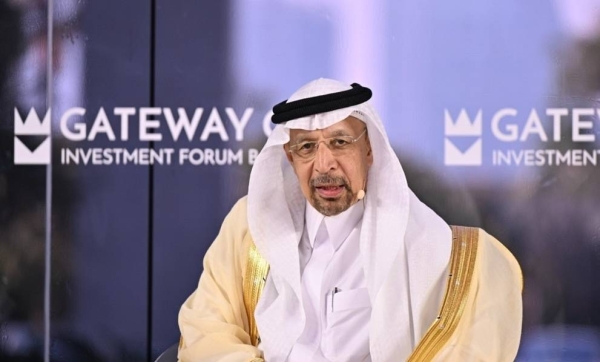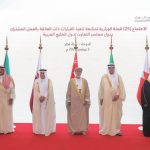The Gateway Gulf Investment Forum Bahrain 2024 recently took place in Manama, where Minister of Investment Khalid Al-Falih highlighted the importance of cooperation and integration among Gulf countries to face major global economies such as China, India, Europe, and America. Despite Saudi Arabia’s ability to compete on its own, Al-Falih emphasized the need for collaboration to maximize opportunities in the region. The dialogue session, which was attended by Bahraini Finance and Economy Sheikh Salman bin Khalifa, discussed economic issues and future prospects in the Gulf region. One key point raised was the untapped potential in the Gulf, including the possibility of establishing free trade zones with major global economies.
Al-Falih also stressed the importance of economic diversification in the region, moving away from dependence on oil. He noted that the non-oil sector contributes 53 percent to Saudi Arabia’s GDP, with government revenues relying less on oil compared to the past. Similarly, Sheikh Salman bin Khalifa highlighted the estimated GDP of the Gulf Cooperation Council (GCC) states at $2.3 trillion, with Saudi Arabia accounting for more than 50 percent and the UAE making up 25 percent of this figure. He also projected that the GDP could rise to $3 trillion by 2030 and potentially reach $6 trillion by 2050.
The Bahraini minister mentioned that his country has been diversifying its sources of income since the 1970s, and this effort has continued to expand in recent years. He highlighted the rapid development of the Saudi economy, emphasizing that it is significantly larger than Bahrain’s economy. The discussions at the forum emphasized the need for strategic partnerships and collaboration to leverage the growing opportunities in the region. The focus on economic diversification and reducing reliance on oil was a common theme among the participants, underscoring the need for a more sustainable and resilient economy in the Gulf region.
While Saudi Arabia has the capacity to compete with major economies independently, there is a recognition that collaboration and integration among Gulf countries can amplify growth and competitiveness. The untapped potential in the Gulf presents opportunities for establishing free trade zones with global economies, showcasing the region as an attractive investment destination. The shift towards economic diversification, reducing dependence on oil, and expanding non-oil sectors are crucial steps towards enhancing the region’s economic resilience and competitiveness. As the GCC states work towards a more diversified and sustainable economy, strategic partnerships and cooperation will be key in realizing the region’s economic potential and navigating the challenges posed by global economic powers. The Gateway Gulf Investment Forum served as a platform for dialogue and collaboration towards achieving these shared goals.











